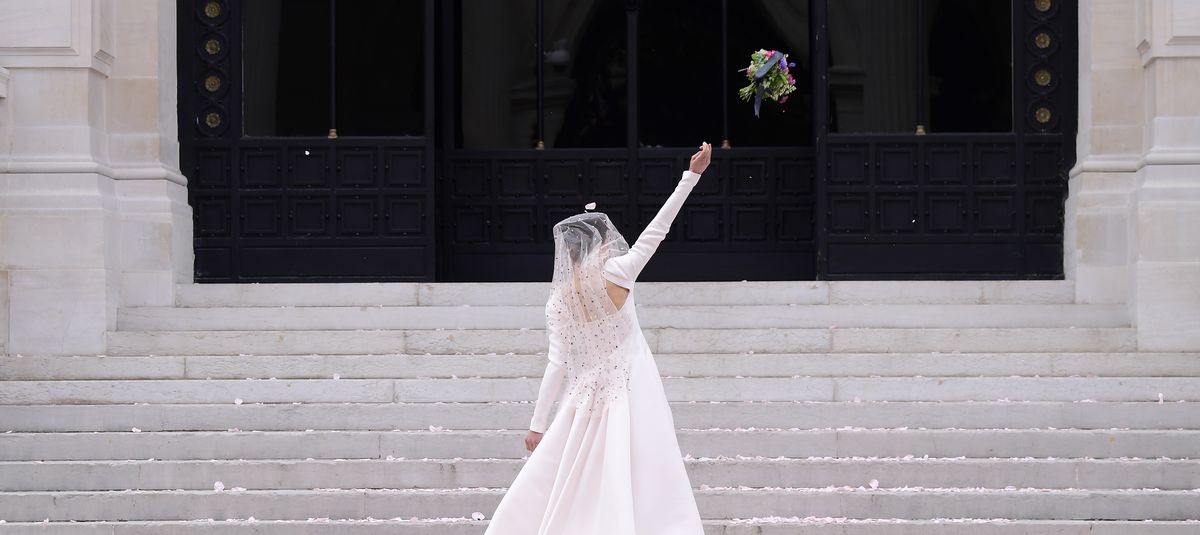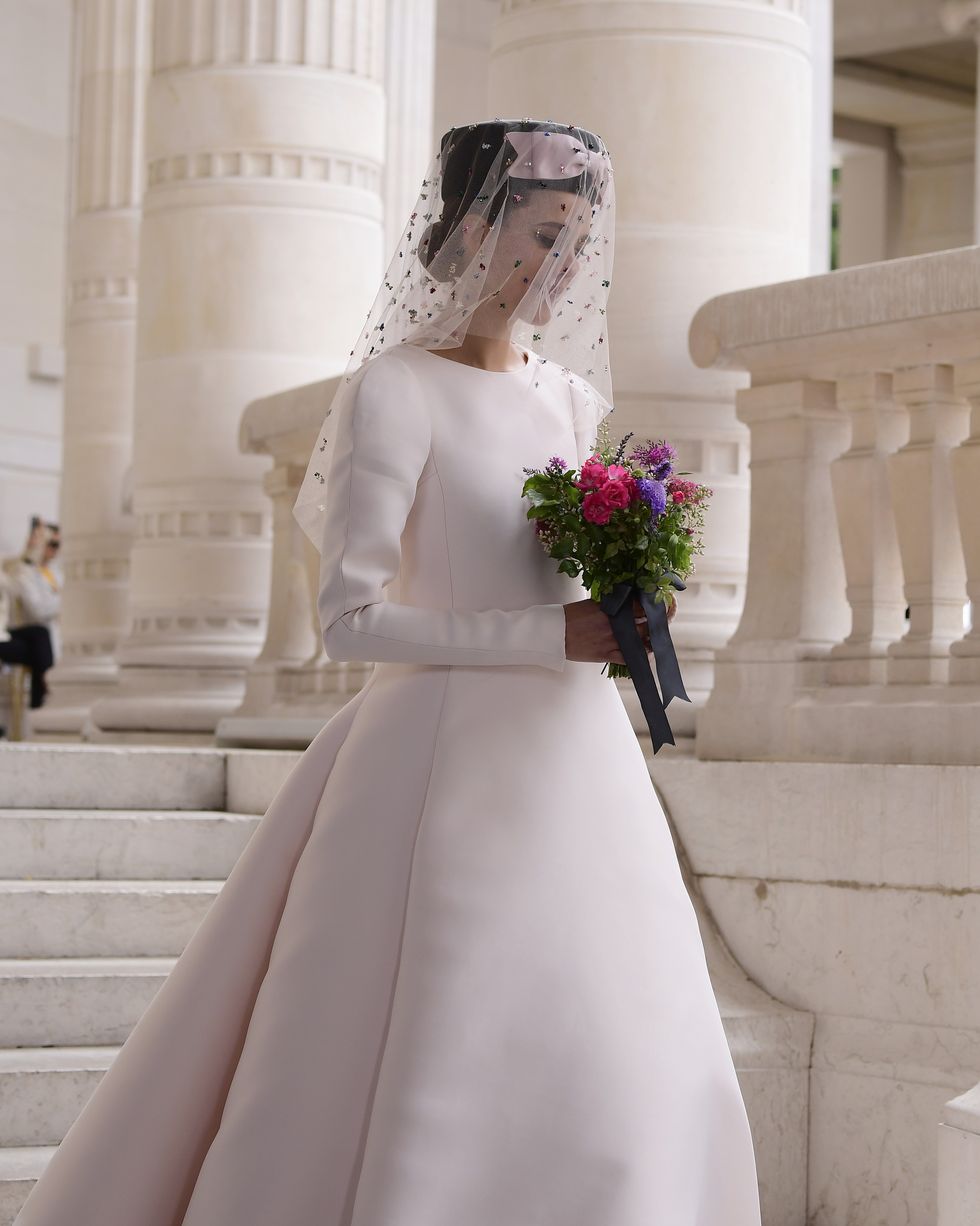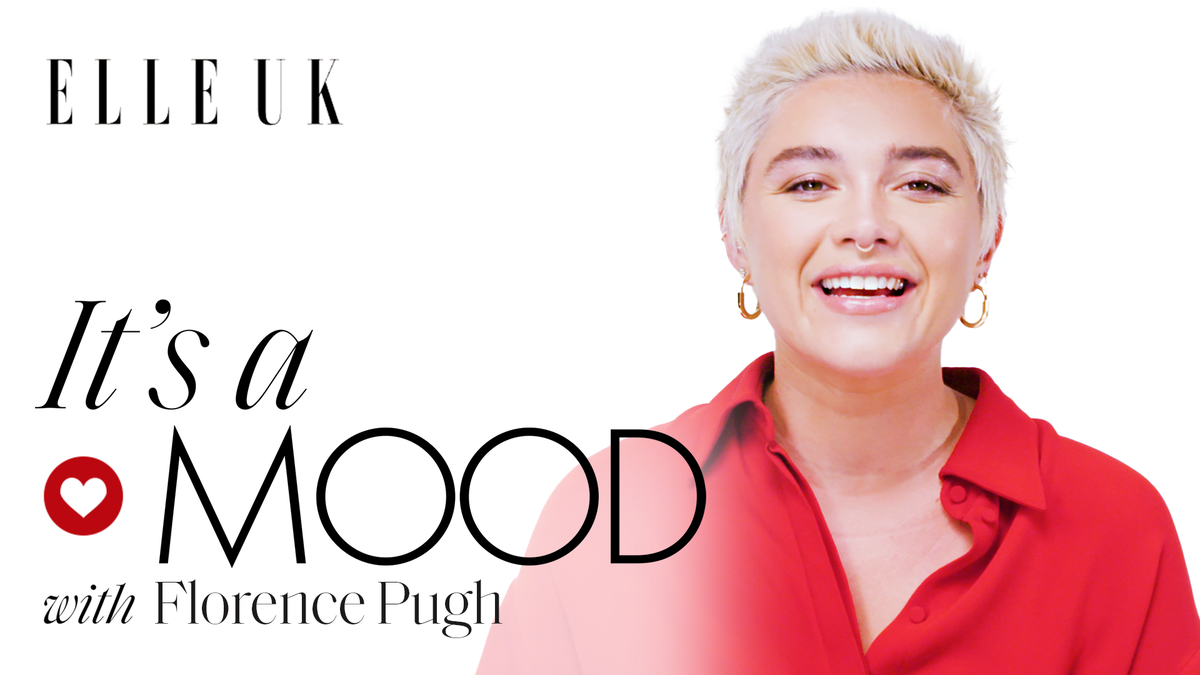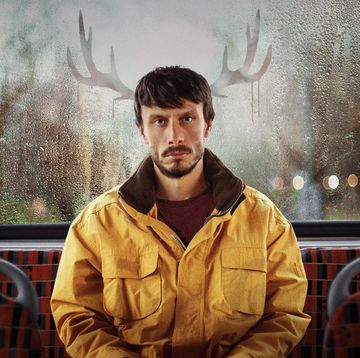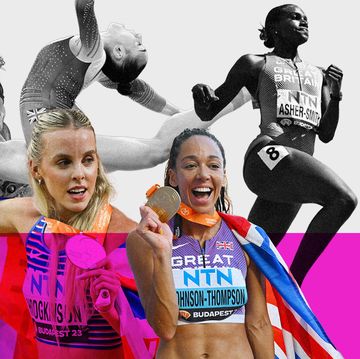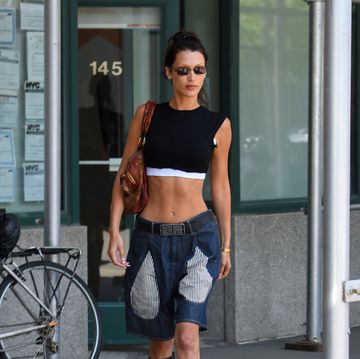I don’t know what quirk of my digital footprint as a 41-year-old queer parent has resulted in me being served heterosexual married couple content on social media, but it’s fascinating.
There is a growing pack of ‘exasperated wife’ influencers whose raison d’etre appears to be humiliating their hapless husbands. These men are presented as lovable fools who are unable to perform even the most basic functions of adulthood without their long-suffering wives’ help. Then there are the TikToks and Reels made by husbands whose shtick is the universality of their own uselessness: When your wife told you the weekend plans, but you weren’t listening and now have no idea what’s happening lol. The arrogance of this patriarchal mea culpa astounds me. I’ve tried clicking ‘I just don’t like it’ - but the algorithm has decided I need these daily hits of ridiculous banality in my life. ‘Why have you married this idiot?’ Is what I want to ask the wives. But I guess it’s complicated.
From early childhood, society and culture conspires to present marriage as the happy ending. Facing the world as a couple, preferably one bound in wedlock is the best way to survive the perils of modern life. And despite a rise in conscious individualism and the centring of the self that we have experienced in recent decades, it remains an axiom of our time: being married makes childcare, buying or renting property, shopping for food, accessing healthcare and so many other expenses more manageable. Meanwhile, as a couple you are seen as more valuable, successful and worthy of your place in the world. Or is it more that as a woman married to a man you suddenly matter a little more?
In the UK, both the Labour and Conservative parties have weaponised ‘hard working families’ to their advantage. Policies and swathes of rhetoric are aimed at the ‘family unit’ whereas single people, or God forbid single parents, are seen by both sides as less deserving of government support. This is bonkers when you consider that in 2022, there were 8.3 million people living alone, representing 30% of all households.
Single people are at the sharp end of the Cost of Living Crisis - often working extra shifts or second jobs to compensate while remaining half as likely to get on the housing ladder than they were 30 years ago.
Marriage affords you with more rights, more benefits and probably more disposable income than being single, but the price of getting married in the first place is huge. The average wedding now costs almost £30,000. Is it any wonder that marriage rates are in a steady decline?
I got married to my wife in 2017. At the time Gay Marriage had only been legal for three years. It felt like a radical act and one free from the gendered traditions and historic burden that many of my straight friends were having to reckon with when they got married (as a feminist is it still OK for my Dad to ‘give me away’? Etc).
But now I wonder if the great Marriage Conspiracy has sucked in the queers too. Are we being forced to fit our relationships into a palatable paradigm for a ‘greater good’ that isn’t all that good at all?
Back then, as a same sex couple we had to be married in order to both be automatically considered our child’s parents. Sure, ‘love is love’, but apparently queer love can only deign to reach some form of equity if it’s filtered through a heteronormative institution.
Indeed, the more you pick at it, the more the argument for ‘tying the knot’ starts to unravel.
Dating apps, reality TV and performative celebrity couplings lead us to believe it’s easy to find ‘your person’. That may be so if you’re wealthy and white and able bodied and cis and straight - but anyone navigating their otherness in a world that wasn’t designed for them to thrive in may feel differently. Yet still we persist with marriage as the solution to so many of society’s issues.
At the Conservative Party Conference earlier this year MP Danny Kruger said in a speech that marriages between men and women were ‘the only possible basis for a safe and successful society’. While Rishi Sunak’s office sought to distance the prime minister from these remarks, Kruger merely spoke the dark truth. It is easier for a government to pass the responsibility to fix things on to the individual than it is for them to make any lasting systemic change. It’s also reflected in the official response to the climate crisis: focus on banning plastic straws and promoting recycling rather than cracking down on big business’ use of fossil fuels or commit to reducing emissions.
In a recent essay for The Cut about why everyone is so eager for women to get married, journalist Rebecca Traister writes, ‘For those who have money, marriage is likely to help them to have even more of it; for those who find a good match, there are many emotional and societal rewards of partnership. But you need stability first; you need the money, jobs, housing, and health care first. And these are the things that the American government, particularly the American right, does not want to offer its people.’
It’s the same here in the UK. Blame the poor, blame the marginalised, blame the people who can’t find a life partner, who don’t want a life partner or those who simply can’t afford or don’t want to get married, for destabilising the structure of society rather than addressing the fact that, for example, household incomes are set to be 4% lower next year than they were at the 2019 election.
I know many people in happy marriages, whose weddings were a much-needed moment of joy and fun - I’d count mine as one of them. And I know many people whose weddings left them bankrupt or whose marriages ended in emotionally and financially disastrous circumstances. As a child of divorce myself, I know the lasting impact this broken commitment can have on a family. But what I also know is that the constant barrage of messaging underlining marriage as sacrosanct is no longer aligned with the reality of life today.
Earlier this week my five-year-old made me an ‘information book’ called Rainbow Power. Her opinions and ideas about the world tend to be a great barometer of what messaging she’s picking up from books and TV, at school and from the wider family. So I was interested to note that she had opened with the line ‘You will get married to a person that you haven’t met before.’ On the next page, she had written ‘If you don’t want to marry anyone it is fine.’ And then on the final page, ‘If you change your mind it is fine as well.’
It filled me with hope that as marriage rates continue to drop, and governments continue to panic and unfairly blame a lack of fiscal and societal stability on this ‘threat’ to our ‘foundations’, her generation will be the ones to finally rid my algorithm of the Hapless Instagram Husband and His Exasperated Wife and redefine the reasons you may or may not say I do.
Lotte Jeffs is the author of This Love, coming in hardback and eBook from Dialogue Books in February 2024. You can pre-order here
